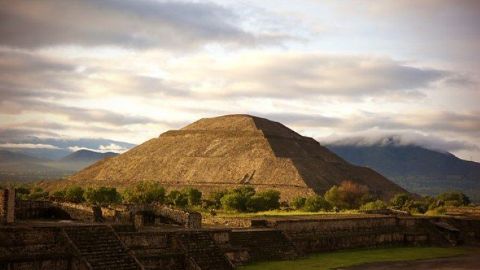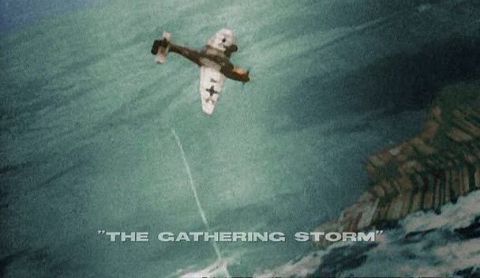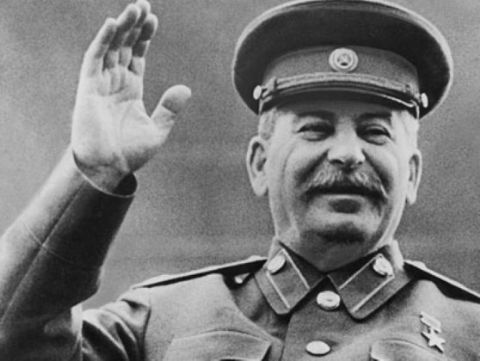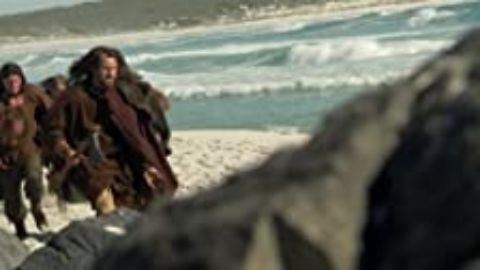The Fall • 2010 • episode "S1E2" • Third Reich: The Rise and Fall
In these two 2-hour specials, HISTORY channel digs deep beneath the surface of our collective understanding of the Third Reich to unearth what we don't know about the individuals who comprised one of the most fascinating and complex regimes of recent history. Part 2: The Fall How did the Germans experience the Allied victory in WWII? Rarely-and never-before-seen amateur films recount the catastrophic downfall of the Third Reich through the eyes of the people who lived it: the Germans themselves.
Make a donation
Buy a brother a hot coffee? Or a cold beer?
Hope you're finding these documentaries fascinating and eye-opening. It's just me, working hard behind the scenes to bring you this enriching content.
Running and maintaining a website like this takes time and resources. That's why I'm reaching out to you. If you appreciate what I do and would like to support my efforts, would you consider "buying me a coffee"?
Donation addresses
BTC: bc1q8ldskxh4x9qnddhcrgcun8rtvddeldm2a07r2v
ETH: 0x5CCAAA1afc5c5D814129d99277dDb5A979672116
With your donation through , you can show your appreciation and help me keep this project going. Every contribution, no matter how small, makes a significant impact. It goes directly towards covering server costs.






